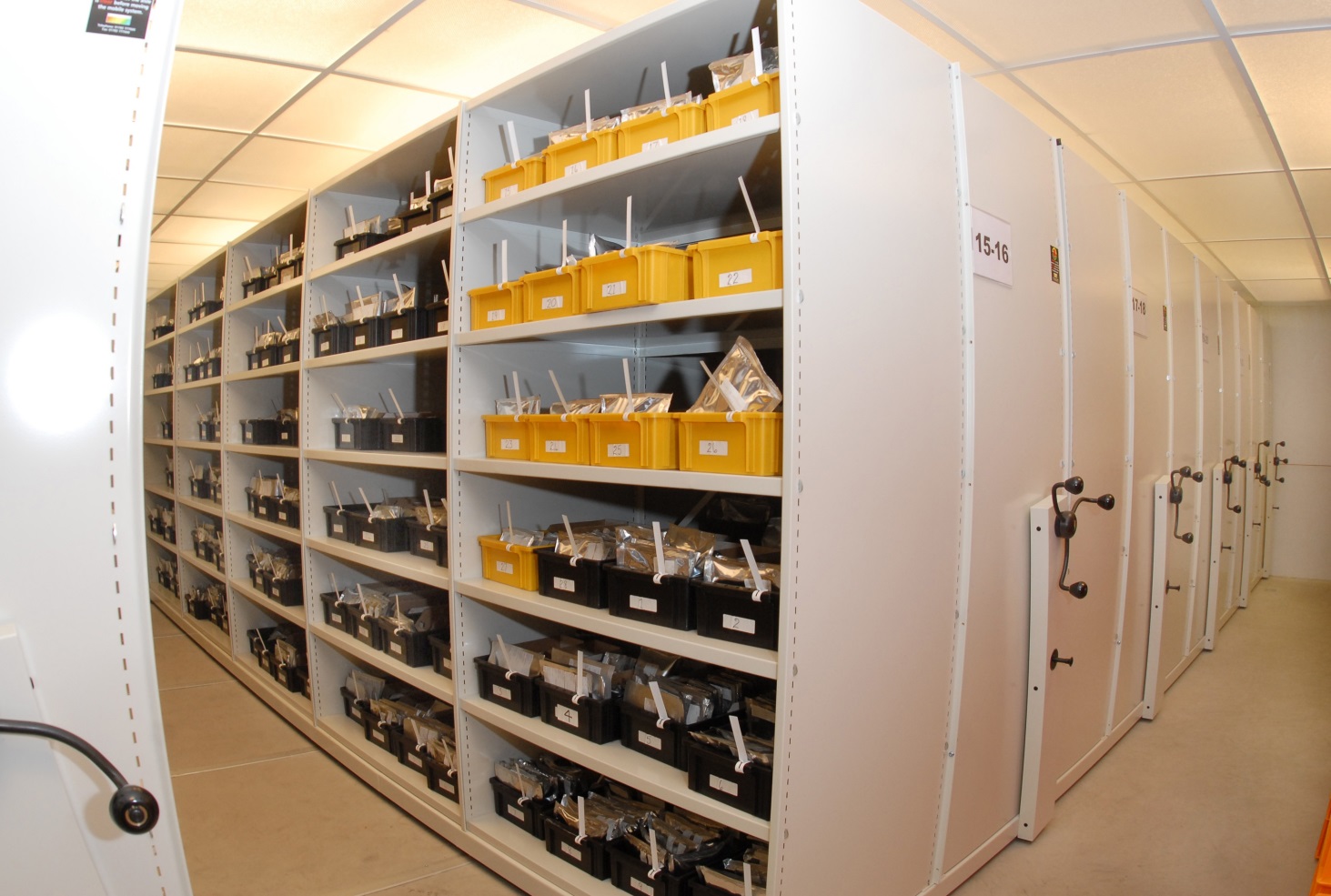Warwick, United Kingdom
May 27, 2014
Warwick Crop Centre at the University of Warwick has won a five year contract from Defra to continue to host the UK Vegetable Genebank at the University’s Wellesbourne Campus.
The Genebank is an internationally significant collection of almost 14,000 seed samples from different vegetable crops including carrot, onion, lettuce cauliflower, cabbage and broccoli and closely related wild species (see photo).

Wild relatives of crops are able to thrive in a challenging environment and could provide useful traits to new crop varieties - © - University of Warwick
The collection represents the genetic diversity in the genepool of each crop, and is a vital resource for researchers and plant breeders across the world.
Seeds are kept in dedicated storage facilities under long term storage conditions of -20⁰C and low moisture content to maximise their lifespan (see photo). Under these conditions seed can be kept for decades, if not longer.

Seed is conserved at -20°C - © - University of Warwick
Seed samples in the Genebank, either from wild relatives, traditional varieties developed by farmers or old commercial varieties may be sources of important traits not present in the current commercial varieties grown today. These traits, such as new sources of pest and disease resistance, are required to contribute to sustainable food production in the face of environmental change.
“Vegetables are an important component of a healthy diet and the seed resources within the Genebank will support the development of new and improved varieties in the future”, said Dr Charlotte Allender who leads the Vegetable Genebank project.
Warwick will continue to conserve and manage the collections whilst exploring new opportunities to support their utilisation by breeders and researchers. A series of demonstration field trials are planned to showcase the diversity within particular crops groups.
“The potential benefits of recent developments in DNA sequencing technologies to both collection management and use will also be explored during the course of the project” commented Dr. Allender. “We will be continuing and expanding our dialogue with users of the collections, and carrying out activities to raise awareness of the seed resources and further stimulate their use”.
Professor Tim Jones, Pro-Vice Chancellor for Science, Engineering and Medicine said “Securing further funding for the continued management of the Genebank collections will support the world-leading plant and crop science being undertaken at the University of Warwick. The work of the Genebank will form a key component of interactions with the horticultural industry as part of wider developments under the government’s Agri-Tech Strategy”